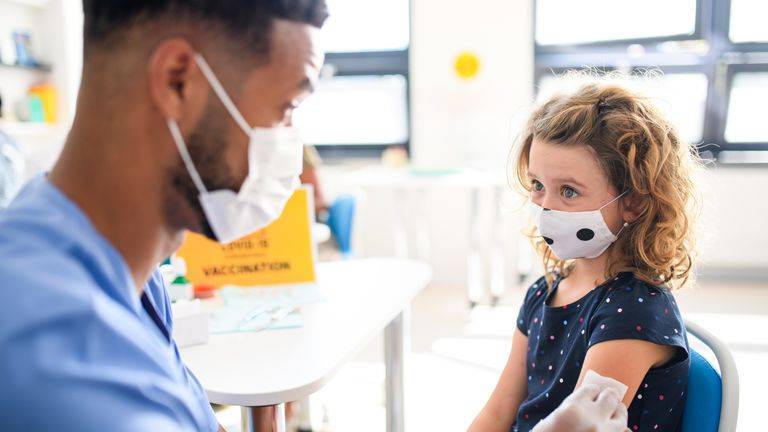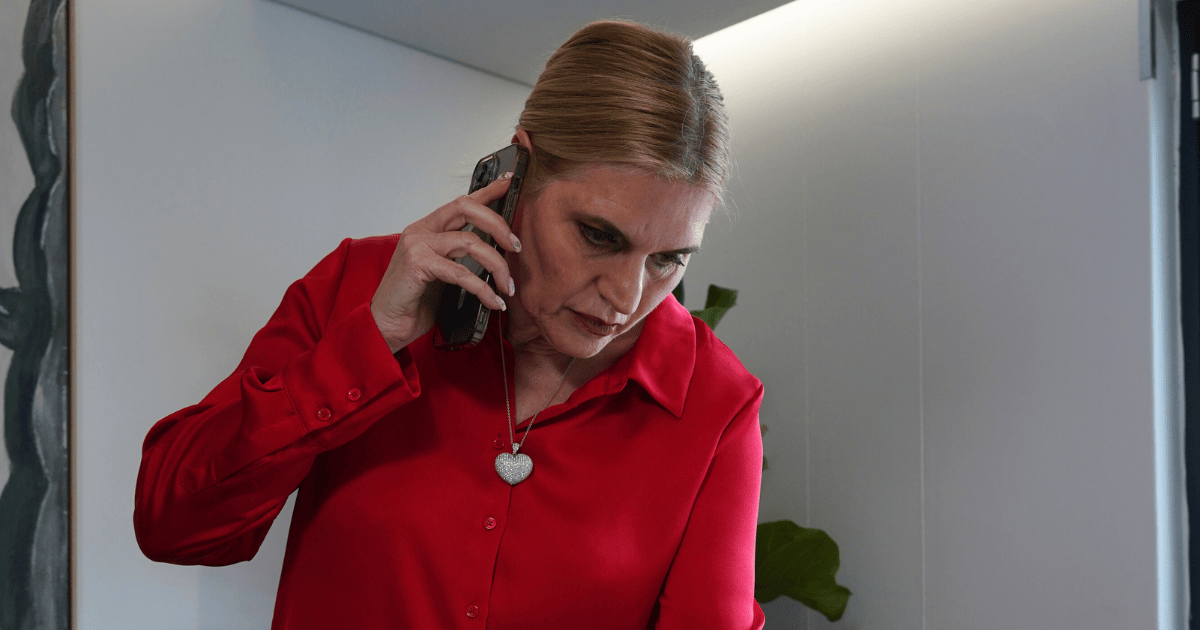On 20 October 2021, The Department of Health in South Africa started with the registration and vaccination of children aged 12- 17 years old with the Pfizer vaccine in line with the guidelines from the Ministerial Advisory Committee on Vaccines.
What does the law say regarding children?
Constitution of the Republic of South Africa 1996, section 12(2):
“Everyone has the right to bodily and psychological integrity, which includes the right (a) to make decisions concerning reproduction; (b) to security in and control over their body; and (c) not to be subjected to medical or scientific experiments without their informed consent.”
Section 28 of the Constitution provides that “a child’s best interests are of paramount importance in every matter involving the child”. This incorporates matters affecting the health and wellbeing of the child.
The law governing minors and consent to medical treatment is covered in several pieces of legislation. Even with the guidance of specific legislation, there will be grey areas in the matter of consent to treatment of minors. The maturity of the child concerned, the wishes and opinions of the parents or guardian, as well as the clinical circumstances, all have to be considered and a few of these may conflict. The concept to bear in mind in such situations is that the child’s best interests are vital.
In law, the consent of the parent or legal guardian is needed if a child is under the age of 12. The issue of consent is dealt with in the Children’s Act, 2005. The most significant provision of this Act is the setting of the age of consent to medical and surgical treatment at 12 years, this includes COVID-19 vaccination.
Section 129 of the Children’s Act, 2005 states that children can consent to medical treatment, including vaccination. Section 129 reduces the age at which the law views a child should be in a position to consent to treatment or vaccination. Particularly, it makes the following provisions:
Children aged 12 or older, provided that they have the maturity “to understand the benefits, risks, social and other implications of the treatment”, may therefore consent to medical treatment, including a vaccine on their own behalf.
Where a child of 12 or older does not have the maturity to make a well-informed decision a parent, guardian or caregiver of the child may consent on behalf of the child to medical treatment. The child must consequently be mature enough to comprehend the implications of undertaking the suggested treatment, but if he/she lacks capacity, a person with parental responsibility or a caregiver can consent on his/her behalf.
The Children’s Act therefore acknowledges and respects children’s developing capacities and provides them the responsibility to make choices but ensures that they do so only if they have the ability to comprehend the choice they are making. There is also a duty on adults to help children make good decisions.
It is in children’s best interests to assist them to make the right decisions. Parents have a duty to ensure their child’s health and wellbeing, both physical and psychological, and to promote their children’s capability to make their own choices.
When children are very young, parents make all the decisions for them, however as they get older, they are given more responsibility to make decisions for themselves. The law endeavours to balance providing children freedom and protecting them from difficult choices by requiring parents, caregivers, or other adults to support them. Even though adolescents can decide for themselves, it is crucial for parents and caregivers to pay attention to their children and talk about the risks and benefit.
For direct answers to your specific personal questions, please contact us directly.
Read more about our child law services.
Author – Jessica Gooding





